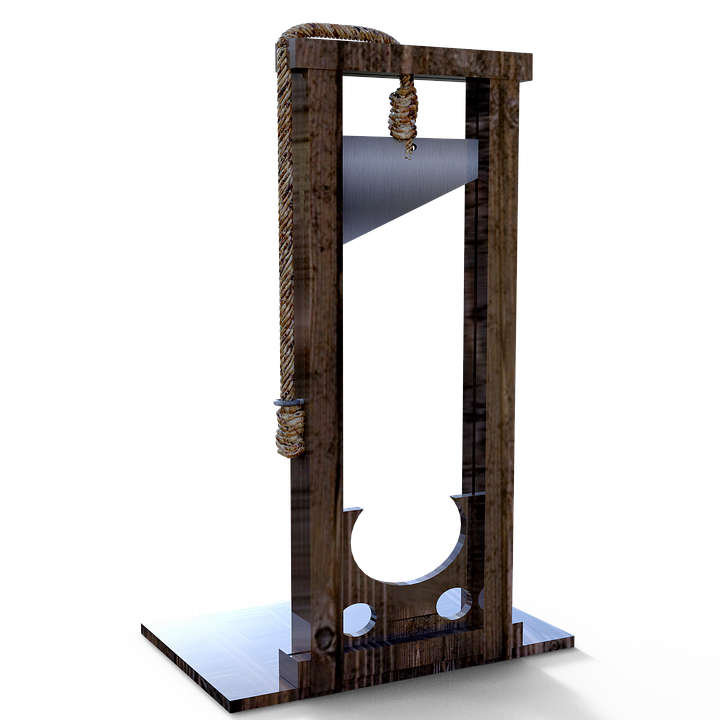Studying effectively is crucial for students who aspire to achieve academic excellence. With numerous distractions and overwhelming amounts of information, mastering effective study techniques can help students enhance their learning experience. Here, we explore proven techniques that can help unlock the secrets to successful studying.
Understanding Your Learning Style
Recognizing your individual learning style can significantly improve your study efficiency. The three primary learning styles are:
- Visual Learners: Prefer using images, diagrams, and charts.
- Auditory Learners: Benefit from listening to lectures and discussions.
- Kinesthetic Learners: Learn best through hands-on experience and movement.
Identifying your learning style allows you to tailor your study methods. For instance, if you are a visual learner, using colorful notes or flashcards may facilitate your learning process.
Creating an Effective Study Environment
Your study space plays a crucial role in your ability to focus. Here are some tips for creating a conducive study environment:
- Choose a quiet location free from distractions.
- Ensure adequate lighting to reduce eye strain.
- Organize your study materials for easy access.
- Consider using noise-cancelling headphones if needed.
Taking the time to design an effective study environment can significantly enhance your focus and information retention.
Time Management Techniques
Managing your time effectively is essential for successful studying. Here are some proven techniques:
- The Pomodoro Technique: Break your study sessions into 25-minute intervals (Pomodoros) followed by a 5-minute break.
- Prioritize Tasks: Use a to-do list to focus on high-priority tasks first.
- Set Specific Goals: Define clear, achievable goals for each study session.
By implementing these time management techniques, students can increase productivity and reduce procrastination.
Active Learning Strategies
Engaging actively with the material is critical for deep understanding. Here are some active learning strategies:
- Summarization: Write summaries of the material in your own words.
- Teach Others: Explaining concepts to others reinforces your understanding.
- Practice Testing: Take practice quizzes to assess your knowledge.
Active learning fosters a deeper understanding of the subject matter and helps in long-term retention of information.
The Power of Breaks and Self-Care
While studying is important, so is taking care of your physical and mental health. Regular breaks and self-care can recharge your brain, making study sessions more fruitful. Here are some tips:
- Incorporate short breaks during study sessions.
- Engage in physical activities like walking or yoga.
- Practice mindfulness or meditation to reduce stress.
Recognizing the importance of breaks can prevent burnout and promote overall well-being, allowing students to study more effectively.
Utilizing Technology Wisely
In today’s digital world, technology can be a student’s best friend or worst enemy. Use it wisely with the following tips:
- Use educational apps and websites for resources.
- Leverage digital flashcards and note-taking apps.
- Limit distractions by using apps designed to block social media during study times.
Technology can enhance your study routine when used strategically.
Conclusion
Effective studying is not just about the number of hours spent; it’s about implementing tailored strategies that suit individual learning styles and lifestyles. By understanding your learning preferences, creating a conducive study environment, mastering time management techniques, engaging in active learning, prioritizing self-care, and utilizing technology wisely, you can unlock the secrets to successful study habits. Armed with these techniques, students can enhance their learning experience, leading to better academic outcomes and a more enjoyable educational journey.
FAQs
1. What is the best way to start studying efficiently?
The best way to start is by identifying your learning style, creating a suitable study environment, and setting clear goals for each session.
2. How long should I study at a time?
Utilizing the Pomodoro technique can be beneficial; studying for 25 minutes followed by a 5-minute break helps maintain focus and avoid burnout.
3. How can I reduce distractions while studying?
Choose a quiet study location, use apps to block social media, and put your phone on silent to minimize interruptions.
4. How important are breaks during study sessions?
Breaks are essential as they recharge your brain, improve focus, and enhance overall productivity.
5. Can technology really aid in my study habits?
Yes, when used wisely, technology can provide access to resources, help with organization, and offer ways to track your progress.
